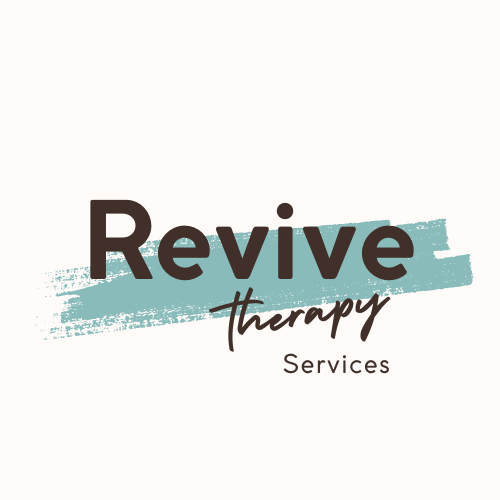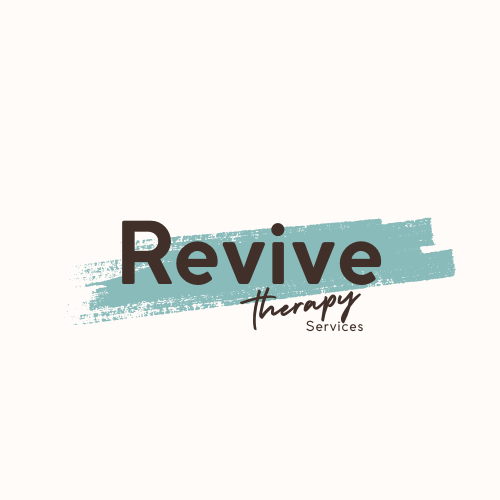Complex Trauma and Your Relationship with Food
By: Salima, Shah MS
Salima Shah, MS- Therapist at Revive Therapy Services
“I’ve barely been eating for weeks and I still can’t fit into this [insert clothing item here]”. “I hate my body, I don’t even like being in photos anymore”. “I don’t feel comfortable eating in front of others, they all watch me eat and make jokes about it”. “I used to be the thinnest out of everyone, now look at me” “oh my god, she gained a lot of weight. She was so beautiful before”
These are the explicit messages I grew up hearing…that food is the enemy.
Food leads to a loss of control. Being full or eating what you want deserves self-punishment. Food is unnecessary when trying to look a certain way and appearance holds the most importance. Cultural perceptions changed from being fuller-bodied to becoming more of a Eurocentric “beauty” AKA thin. Part of this shift is historical, when Alexander the Great invaded Afghanistan both he and his soldiers raped, married, and impregnated Afghan and Pakistani women. Their children and future generations have lighter skin complexion, light eyes, and took on Greek beauty ideals. A shift in more recent years is from increased access to social media, European and American films, fashion magazines, and cultural assimilation in the Western world.
As a first-generation American, I couldn’t trust my body or myself. The constant focus from extended family was on size and becoming a beautiful future wife. You can’t only have a pretty face to get a husband, you also have to be thin. A girl’s value is based on what family she marries into, who she marries, and how desirable she is through the amount of arranged marriage proposals starting in adolescence. Being thin was power and the path to “successful” relationships and positive attention...and sadly some of it was true.
The only attention I received was from weight loss and looking perfect.
Salima Shah, MS- Therapist at Revive Therapy Services
People started treating me differently which only reinforced the disconnect between me and my hunger cues. At family functions (which were often), everyone would compliment me on how much weight I lost and how I “always eat healthy” when I only had a basic salad on my plate. If we went to an event I would stick with my bottle of water and I was praised for my “discipline”. Food was initially the only common ground and connection I had to extended family, but my rigidity was rewarded with “what’s your secret?” and girls my age flocking to me for the first time. The same girls would call me a “cow” and sign me up for weight loss programs without my knowledge or consent. Anything I ate I had to burn off. I was drowning inside and fixated on calories every minute of the day.
During my healing journey, there were several layers to my relationship with food. Assimilation of beauty standards, admiration, cultural expectations placing all value on beauty and obedience for future marriage, need for control, desire for connection, people-pleasing mindset, and unhealed trauma. As I moved through the process, I learned every behavior serves a function, so what purpose did mine serve?
Food becomes the tool to alleviate pain
When a person experiences repeated traumatic events starting early on in life (typically childhood) they are more prone to having complex PTSD. The difference between C-PTSD and PTSD are the number of events, frequency, and at what point in a person’s lifespan. PTSD is linked with one or two events later on in life. Both types take reign over the nervous system, however, C-PTSD has control over the body for much longer. Thinking back to childhood, we learn how to cope and emotionally regulate typically from caregivers. But what happens when caregivers are not capable or present to teach or mirror that to us? Children are resilient, they find a way to survive and make sense of the world. When there is no grasp of control or stability, there is always one thing we can “control” and create consistency around…our bodies. Food is one of the ways to fulfill this need. For some, it may be drugs, alcohol, self-harm, and the list goes on. But they all have one major goal—to alleviate pain. In the extended process, our neurology changes making it harder and harder to change these coping tools. Our brains form a connection between food and temporary relief of suffering. The reward center pumps out dopamine (a happy hormone) in a joyless life, and dopamine needs a trigger. The neurological cycle: triggering event —> intrusive thoughts or flashbacks —> emotional dysregulation and hijacked nervous system —> coping tool (restriction, binging, or purging) —> temporary relief (dopamine) —> shame —> suffering —> coping tool…and so it continues.
Food is comfort in place of warm hugs and compassion.
It is a substitute for the absence of a caregiver, whether that be physical or emotional.
It is a reliable provider in a chaotic life. It is autonomy when feeling powerless.
It is the physical release of emotional pain.
Food is an escape when reality is unmanageable.
There is hope at the end of the day. Your function on earth is much bigger than your body, what it looks like, or your relationship with food. You are able to break free from all of this.
Is it easy? No.
Is it worth it? Hell yes!
Begin Working With A Trauma Therapist in Philadelphia, PA
You deserve to have a healthy relationship with food, and our team of caring therapists would be honored to support you in your journey. We are happy to offer a variety of in-person and online services in Philadelphia and to residents across Pennsylvania. You can start coping with complex trauma by following these simple steps:
Meet a caring therapist
Start improving your relationship with food and overcoming past trauma!
Other Services Offered With Revive Therapy
Our team understands you may be experiencing a variety of mental health concerns in addition to eating disorders. This is why we are happy to offer mental health support including PTSD treatment and trauma therapy, body image issues, binge eating, and more. I offer support with EMDR therapy if you’re in need of more specialized support. Additionally, all services are offered via online therapy in Pennsylvania. When you’re ready for support. Call now!




